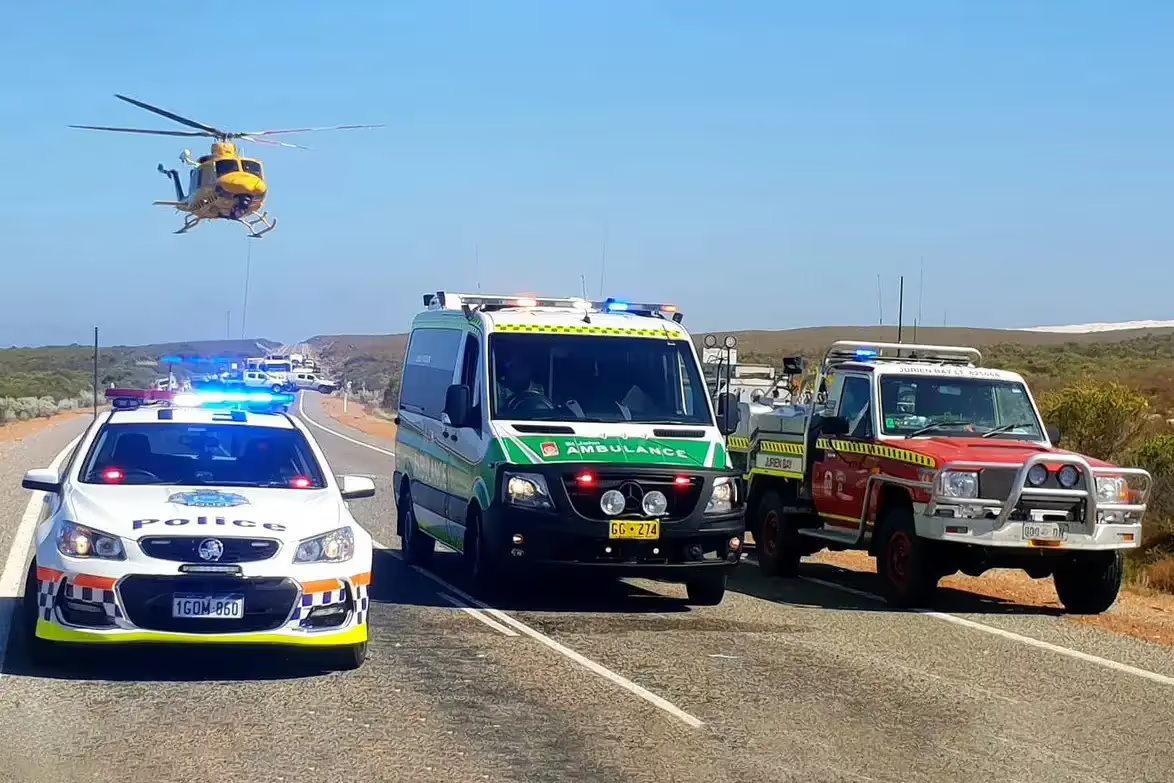View more featured posts
More insights and updates from Mindstate Psychology.

First responders—including paramedics, police officers, and firefighters—are on the front lines in situations that most of us hope we’ll never face.
These individuals are highly trained to handle emergencies, crisis situations, and unpredictable environments. Yet, despite their training, the toll that this work takes on their mental health is profound and often overlooked.
At Mindstate Psychology, we understand these unique pressures and are here to support them with tailored mental health solutions.
The demands of the job require first responders to witness trauma, deal with life-threatening emergencies, and manage high-stress environments daily. Research consistently shows that these experiences can lead to significant psychological effects, such as anxiety, depression, post-traumatic stress disorder (PTSD), and burnout. First responders are at a higher risk of experiencing these issues than those in many other professions due to the nature of their work and their constant exposure to trauma.
According to Beyond Blue’s Answering the Call study, Australian first responders are twice as likely as the general public to report high levels of psychological distress, with police officers and paramedics reporting particularly high rates. The same study found that one in three first responders experience high psychological distress. It also stated that PTSD and suicidal ideation are notably higher in this group.
The mental health challenges of first responders are shaped by a range of factors, many of which are unique to this line of work. Here are some of the primary challenges they face:
Given the unique challenges of first responders, mental health support needs to be specific and responsive to their needs. At Mindstate Psychology, we are proud to be a registered provider for Employee Assistance Programs (EAP) and offer services to organisations such as St John WA, WA Police and the Australian Defense Force. Through our EAP services, we provide first responders with confidential counselling, critical incident debriefing, and resilience training, tailored to the mental health needs of this unique workforce.
Our approach to mental health support for first responders focuses on providing immediate and tailored interventions to support both the individual and their family. Here’s a look at how we help:
Early intervention is critical for mental health and can be particularly effective in preventing long-term issues for first responders. Without proper support, stress and trauma can build up over time, potentially leading to PTSD, chronic anxiety, or depression. Early intervention allows first responders to address mental health symptoms as they arise. This enables them to maintain their emotional well-being and continue performing their roles effectively.
The benefits of early intervention extend to physical health as well. Studies suggest that high stress levels can have detrimental physical effects, such as the increased risk of cardiovascular disease, a weakened immune system, and high blood pressure. By addressing mental health issues early, first responders can reduce these physical health risks and promote a better overall quality of life.
In addition to Mindstate Psychology’s EAP programs, the Black Dog Institute offers valuable resources tailored for first responders. Their National Emergency Worker Support Service provides tools and information to help emergency workers manage mental health challenges. Resources like these, coupled with professional counselling services, can make a profound difference in the lives of first responders.
The Black Dog Institute’s program offers a variety of services, including:
These resources offer first responders further insight and tools that complement the support they receive from programs like those offered at Mindstate Psychology.
The mental health challenges faced by first responders are unique, but with the right support systems, they can be effectively managed. Every day, first responders put their lives on the line to ensure our safety. At Mindstate Psychology, we are dedicated to standing by these heroes, offering tailored solutions to ensure they receive the help they need—because those who protect us deserve protection too.
If you or a loved one is a first responder experiencing mental health challenges, remember that help is available. With compassionate, confidential support, first responders can build resilience, find coping strategies, and reclaim their well-being.